Silence
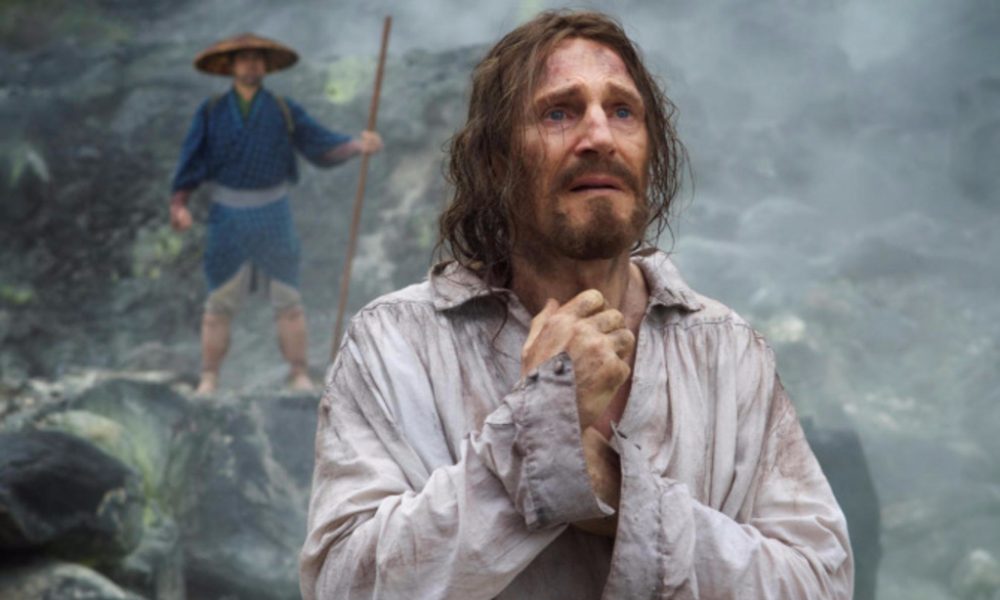
A new film by Martin Scorsese is always welcomed with high expectations, but if it has been on the back burner for around 25 years as Silence has, it is impossible not to approach the screening with great eagerness and anticipation. Based on Shūsaku Endō’s 1966 novel, the story deals with weighty topics such as apostasy, martyrdom and God’s silence in times of suffering. Through it, Scorsese reprises his life-long fascination with Catholicism, and allows himself to face the subject squarely.
Set in the 17th century, Silence relates the spiritual and physical journey of two Portuguese missionary priests, Father Rodrigues (Andrew Garfield) and Father Garrpe (Adam Driver). Upon hearing a rumour that their mentor Cristóvão Ferreira (Liam Neeson) has not only given up his mission to spread Christianity in Japan, but has publicly renounced his faith, married, and now lives as a Buddhist, the incredulous and concerned duo resolve to discover for themselves what became of him.
The trip strips them of their confidence and tests them in ways they could not have imagined. Since Christianity is forbidden and any attempts to practice it are severely punishable, the priests must live in hiding. An outlandish guide, Kichijiro (Yosuke Kubozuka), leads them to large communities of Japanese Christians who observe their faith in secrecy. The peasants cling to the Jesuits and clamour for their attention and blessings. Their unshakable devotion exposes cracks in the priests’ own commitment.
As danger intensifies and scenes of torture and death turn into familiar sights, it becomes difficult to distinguish the missionaries’ genuine determination to offer salvation from their personal pride and ambition to attain glory. It also appears that the essence of Christianity may have been lost in translation when it was introduced in Japan, adding a new level of uneasiness. There is a constant stream of moral questions that the audience is invited to consider as perspectives change and every character sees their truth trodden by dissenting opinions.
Austere yet majestic, Silence weaves an intricate tapestry out of doubt and credence that elegantly lays out everything problematic and appealing about religion. Shot among evocative Taiwanese landscapes, the movie has a feel of the epic and boasts some powerful visuals, including a few arresting aerial shots. Beyond the aesthetics and the superb performances of the leading actors, however, the greatest impact is of the intellectual kind, as profound reflection is instigated by endless stimuli.
Much deeper and quieter than the average Scorsese film, this project bears a strong personal imprint that makes the ending sway slightly in favour of a rather predictable and tame resolution, somewhat detracting from the overall bold approach but also attesting that faith is a strictly private matter. Besides personal views on its depiction of religion, which may be divided, the feature remains a formidable feat both technically and narratively. Worth the wait.
Mersa Auda
Silence is released nationwide on 1st January 2017.
Watch the trailer for Silence here:

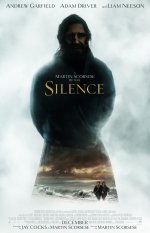
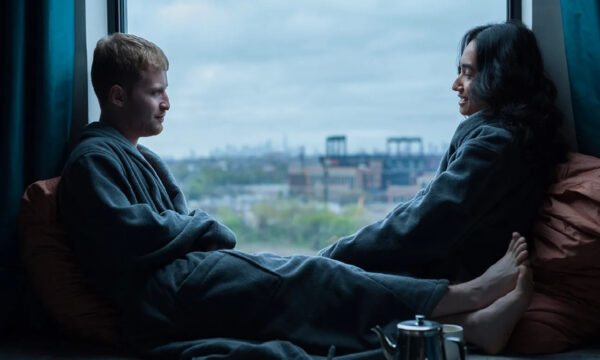

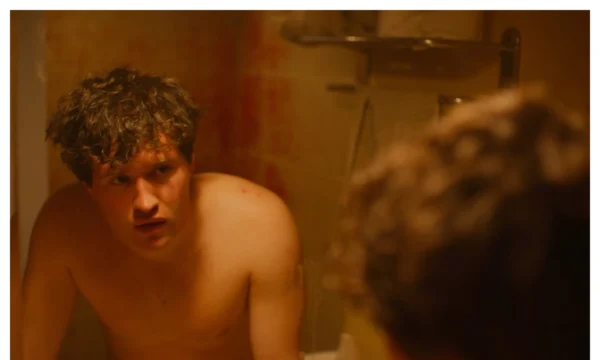

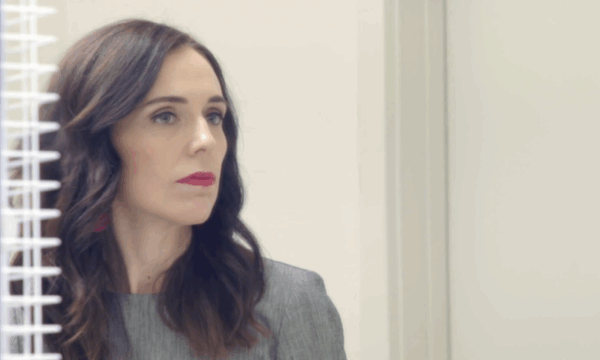
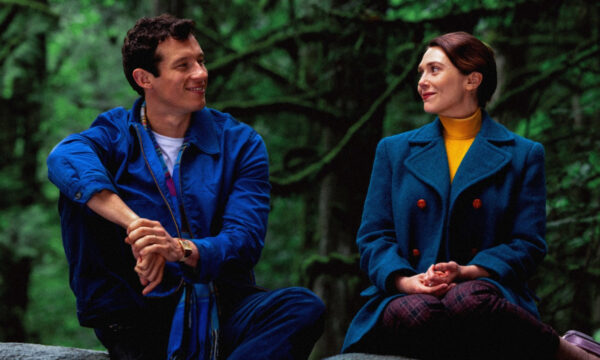
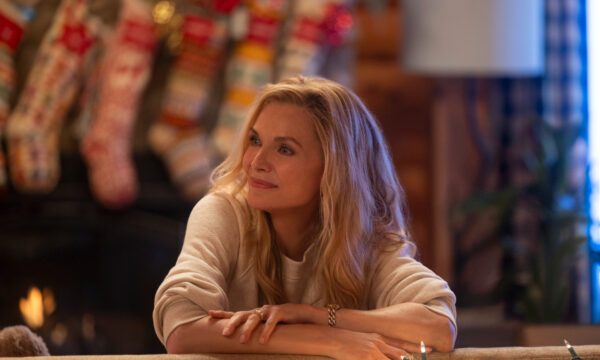
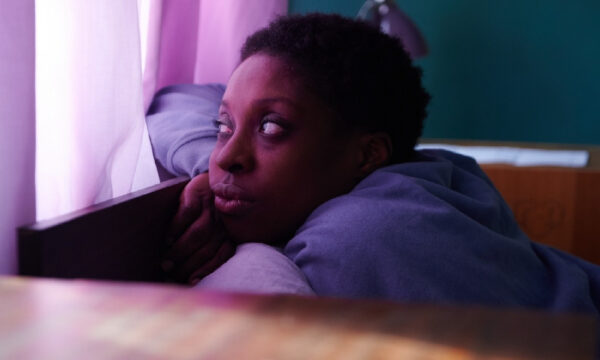


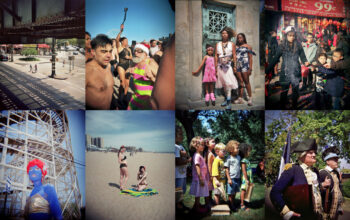











Facebook
Twitter
Instagram
YouTube
RSS